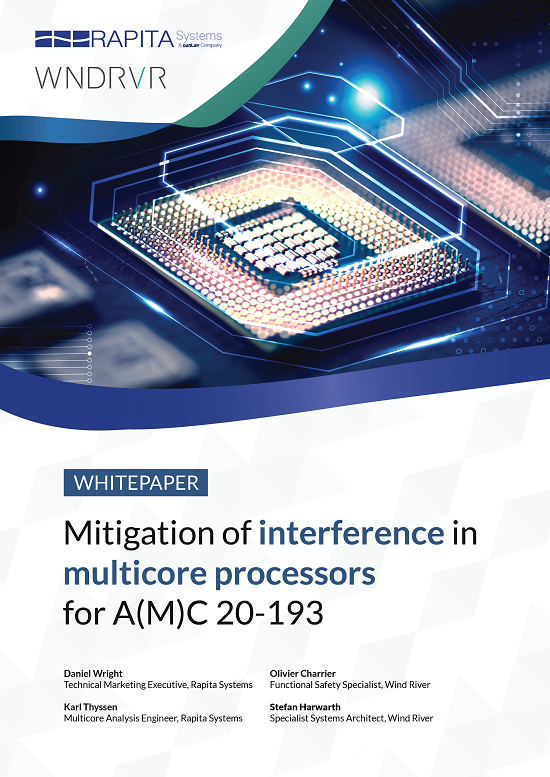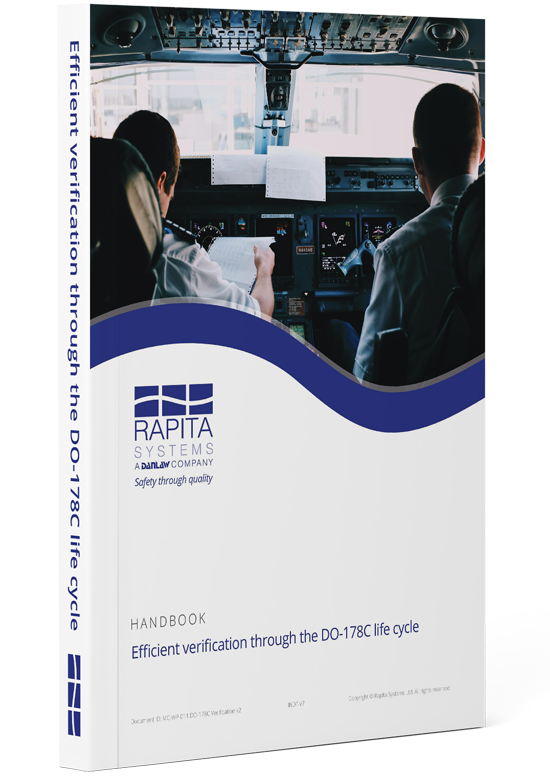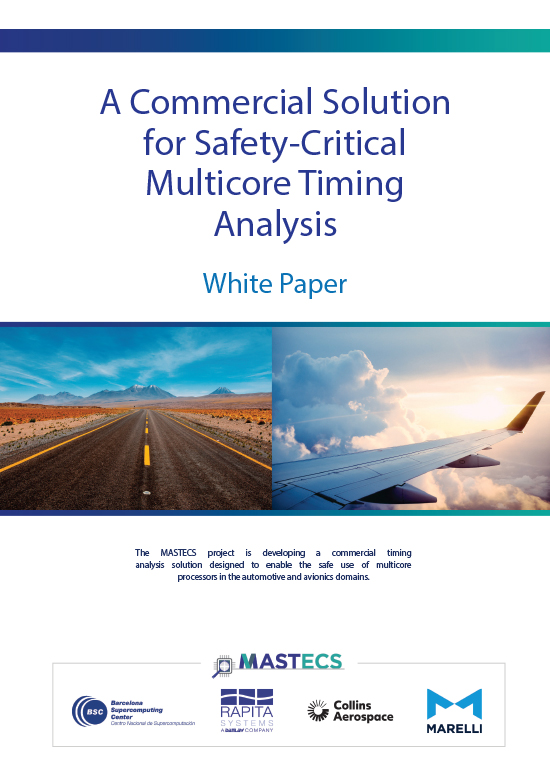Our series of blog posts on optimizing embedded software with the aim of improving (i.e. reducing) worst-case execution times continues with a second look at single path code.
Software optimization techniques which improve worst-case execution times #13: Single Path Code (II)
The compiler will typically allocate a number of registers for parameter passing. For example, four 32-bit registers might be used. In this case, functions taking more than 4 parameters will result in parameters being pushed onto the stack, and then accessed from the stack when the function is called, leading to a longer worst-case execution time. Ensuring that functions that are called many times on the worst-case path have 4 or fewer parameters (that all fit in registers) will result in an improved worst-case execution time.
Sometimes a large number of related parameters need to be passed to a function. In this case rather than pass the parameters individually (by value) it is often better to group them together into a structure and instead pass them by reference via a pointer to the structure.
The problem of register spilling (where variables are accessed on the stack) can also occur when large functions are used with many variables in scope at the same time. To avoid this, it is advisable to ensure that worst-case hotspot code is implemented in relatively small functions and that the scope of each variable is localised as far as possible.

 Rapita System Announces New Distribution Partnership with COONTEC
Rapita System Announces New Distribution Partnership with COONTEC
 Rapita partners with Asterios Technologies to deliver solutions in multicore certification
Rapita partners with Asterios Technologies to deliver solutions in multicore certification
 SAIF Autonomy to use RVS to verify their groundbreaking AI platform
SAIF Autonomy to use RVS to verify their groundbreaking AI platform
 RVS gets a new timing analysis engine
RVS gets a new timing analysis engine
 How to measure stack usage through stack painting with RapiTest
How to measure stack usage through stack painting with RapiTest
 What does AMACC Rev B mean for multicore certification?
What does AMACC Rev B mean for multicore certification?
 How emulation can reduce avionics verification costs: Sim68020
How emulation can reduce avionics verification costs: Sim68020
 How to achieve multicore DO-178C certification with Rapita Systems
How to achieve multicore DO-178C certification with Rapita Systems
 How to achieve DO-178C certification with Rapita Systems
How to achieve DO-178C certification with Rapita Systems
 Certifying Unmanned Aircraft Systems
Certifying Unmanned Aircraft Systems
 DO-278A Guidance: Introduction to RTCA DO-278 approval
DO-278A Guidance: Introduction to RTCA DO-278 approval
 NXP's MultiCore for Avionics (MCFA) Conference
NXP's MultiCore for Avionics (MCFA) Conference
 Embedded World 2026
Embedded World 2026
 XPONENTIAL 2026
XPONENTIAL 2026
 DO-178C Multicore In-person Training (Heathrow)
DO-178C Multicore In-person Training (Heathrow)















